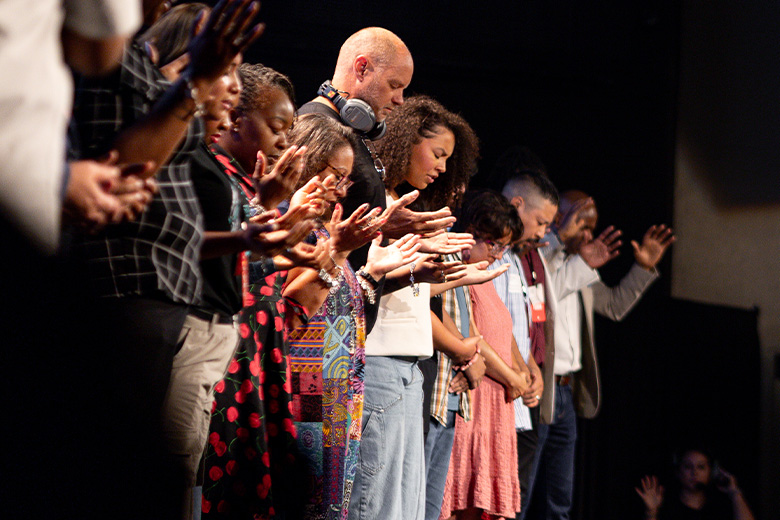
In Paul’s letter to the Corinthians, we witness the heart of a pastor defending the integrity of his message—and more importantly, the purity of the Gospel. In 2 Corinthians 3, Paul addresses a dangerous distortion rising within the church: a return to the old covenant. Judaizers had begun influencing the Corinthians, pressuring them to keep the Mosaic law to fully experience salvation. Paul answers not just with logic, but with a Spirit-breathed contrast: the old brings death; the new brings life.
Paul sets the tone in verse 6:
“He has made us competent as ministers of a new covenant—not of the letter but of the Spirit; for the letter kills, but the Spirit gives life.”
The "letter" here refers to the Mosaic law—God-given, but never meant to be the final solution. It was written on stone tablets and could reveal sin, but never redeem the sinner. The law could modify behavior, but it couldn’t transform hearts. In contrast, the Spirit of the new covenant writes on hearts, bringing internal transformation, not just external compliance.
Paul takes it further in verses 7–9. The law, though it came with glory, ultimately brought condemnation. Why? Because it made people aware of their sin without giving them power to overcome it. Picture a mirror showing every flaw but offering no help to fix it. But now, under the new covenant, Christ has come—the spotless Lamb who was sacrificed once and for all. Unlike the repetitive animal sacrifices of old, Jesus' blood has made us righteous and given us life.
The old was glorious—but the new is more glorious still.
Verses 10–11 highlight this profound truth: what once was glorious now has no glory by comparison. The old covenant had a temporary glory. The new covenant’s glory is eternal. The law was never God’s plan B—it was always a guardian (Galatians 3:23–25), a tutor leading people to Christ. But once Christ came, the time for tutoring ended. We now walk in boldness, because our hope is secured in a covenant that will never fade.
Paul uses the image of Moses and the veil in verses 13–15. In Exodus 34, Moses wore a veil to hide the fading radiance of God’s glory from the people. Paul reveals that this veil now symbolizes spiritual blindness. For many who still cling to the old covenant, a veil remains—not on their faces, but over their hearts.
Even today, many remain spiritually veiled—not just Jews but all who haven’t turned to Christ.
Paul says in 2 Corinthians 4:4 that “the god of this age has blinded the minds of unbelievers.” They simply cannot see what is plain to the believer: that Christ is the glory of God.
But there is hope. Verse 16 is a breakthrough promise:
“Whenever anyone turns to the Lord, the veil is taken away.”
Only Jesus can remove the veil. We can’t argue someone into faith. We can’t debate them into transformation. But we can pray: “Jesus, remove the veil.”
Because where the Spirit of the Lord is—there is freedom.
Freedom from blindness. Freedom from bondage. Freedom to become who God always intended us to be.
Paul ends with a powerful statement in verse 18:
“And we all, who with unveiled faces contemplate the Lord’s glory, are being transformed into his image with ever-increasing glory.”
This is the life of a believer—not an overnight transformation but a daily, progressive change as we behold the face of Christ.
What you behold is what you become. Fix your eyes on Jesus. When you turn your gaze to Him, the Spirit works in you. Not to help you behave better—but to make you new.
This is not behavior modification. This is heart transformation.
So turn your eyes upon Jesus. Let the veil fall. And watch how His glory changes everything.
Find more blogs from Champions Church, a non-denominational church in Houston, TX, HERE